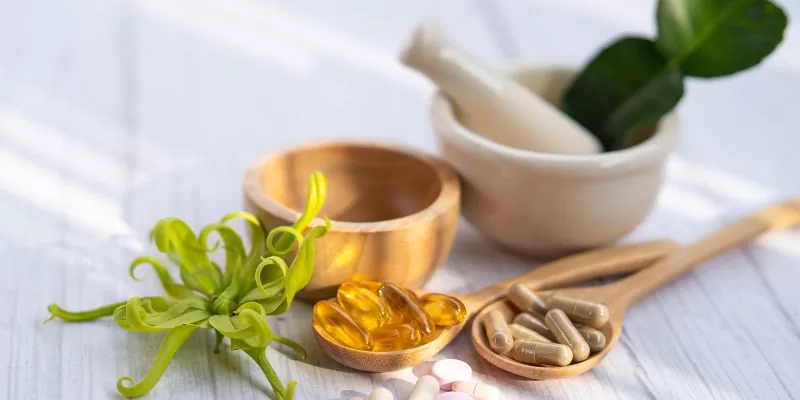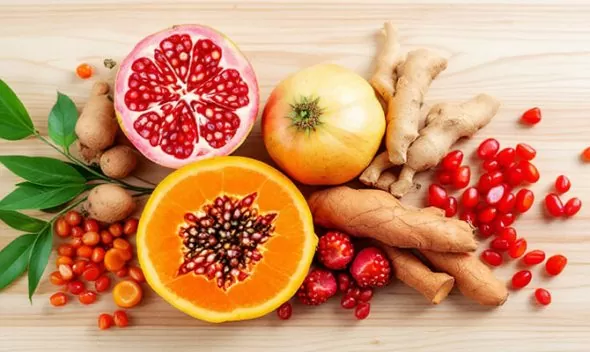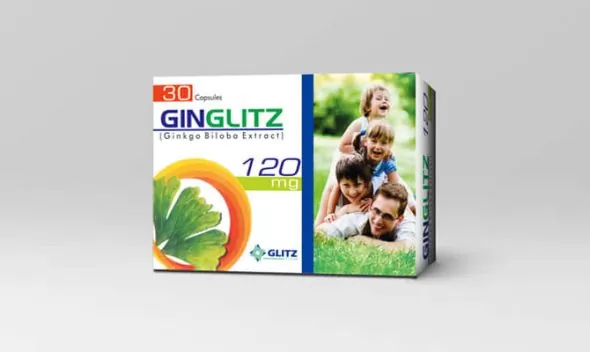The gut refers to your gastrointestinal (GI) system, whose health is generally determined by the levels and types of bacteria in your digestive and intestinal tract. Digestive health is an important part of overall health. And if you’re not getting enough of the supplements you need for proper digestion, it can lead to problems including fatigue, nausea, weak bones, and a weak immune system.
The good news is that you can usually get all the vitamins and supplements you need for digestion by eating fruits, vegetables, and protein.
GUT Issues

Digestive system have a great impact on your life and daily routine. Foods that trigger gas, bloating and heartburn now outnumber foods that don’t, or you find yourself mentally cataloging the location of the nearest bathroom whenever you go out, these are signs that you need a different approach to supporting your gut health.
Symptoms of a Gut health Imbalance
Some signs of GI issues are hard to miss. However, other symptoms, especially those related to gut flora imbalance and issues with the gut microbiome, might surprise you. Signs that you need to check in on the health of your gut include:
Cramps
Diarrhea
Constipation
Heartburn and acid reflux
Bloating and gas
Stomach pains
Food sensitivities to gluten, dairy or other foods
Chronic bad breath
Yeast infections
Cold sores
Urinary tract infections
Headaches
Migraines
Joint aches
Poor immunity
Skin problems like rosacea and acne
Finding solutions to GI issues is often tricky. While over-the-counter medications can provide some temporary relief for issues like reflux or heartburn, they don’t get at the root of the problem and don’t address issues related to gut flora imbalance.
Natural health solutions can help. Eating a healthy diet rich in fiber, whole grains and probiotics is a first line of support for improving intestinal gut flora and overall gut health. Enzymes and other natural compounds can help with even the worst digestive distress symptoms. Additionally, herbal remedies like ginger, licorice and chamomile tea can provide in-the-moment relief from bloating, gas and heartburn, especially after rich meals.
Here’s a closer look at the best natural supplements for gut health that help you finally find real relief from your digestive symptoms.
Natural supplements and vitamins and herbs for gut health
Probiotics
Probiotics are live bacteria (flora) that are good for your digestive system. Beneficial gut flora helps your GI tract break down fiber, which boosts nutrient absorption and produces beneficial short-chain fatty acids and vitamins. Probiotics assist with the digestion of difficult-to-metabolize foods (i.e., lactose-containing foods).
Probiotics also help the gut microbiome by crowding out harmful bacteria. A healthy gut microbiome is essential for improved nutrient absorption and for overall health, as the microbiome plays a role in regulating the immune system, managing inflammation, and producing neurotransmitters that affect mood and brain function.
If you are struggling with gas, bloating, diarrhea and also problems like acne or depression and anxiety, there is a good chance that you have a gut flora imbalance – a sign that you need more probiotics.
Probiotics can be found naturally in fermented foods such as yogurt, kefir, sauerkraut and kimchi. If you don’t eat many of these foods or you are experiencing digestive distress symptoms you can also take probiotic supplements. Look for a high quality probiotic supplement that contains multiple strains of bacteria, as different strains have different benefits. Some of the best probiotic strains for gut health include Lactobacillus acidophilus, Bifidobacterium lactis and Streptococcus thermophilus.
Digestive enzymes
Digestive enzymes are proteins that help break down food in the digestive tract. They are produced by the pancreas, stomach and small intestine. However, some people don’t produce enough digestive enzymes, which can lead to digestive problems such as bloating, gas and indigestion.
Digestive enzyme supplements can help improve gut health by aiding in the breakdown of food. Look for supplements that contain a combination of different enzymes, including protease, amylase, lipase, lactase and cellulase. These enzymes help break down proteins, carbohydrates, fats, lactose and fiber, respectively.
L-glutamine
L-glutamine is an amino acid that is essential for gut health. It is the most abundant amino acid in the body and is used to fuel the cells that line the digestive tract. Glutamine helps to strengthen the intestinal barrier, which is important for preventing harmful substances from entering the bloodstream.
Glutamine supplements can help improve gut health by supporting the growth and repair of the intestinal lining. Look for a supplement that specifically contains L-glutamine, which is the form of glutamine that is most easily absorbed by the body.
L-Glutamine is also a great supplement to take for gut health. Specifically, it has been found to boost immune cell activity and reduce inflammation in the gut. L-glutamine is an amino acid that provides a variety of benefits. While it’s most commonly found in meat products, you can also get it as supplements
Curcumin

Curcumin is a natural compound that exists in turmeric, a spice common to Indian cuisine. The powerful anti-inflammatory properties of curcumin have been shown to reduce inflammation in the gut, which is related to a number of digestive problems, including inflammatory bowel disease (IBD) and irritable bowel syndrome (IBS). Curcumin may have special benefits for people with leaky gut syndrome by deactivating damaging compounds and helping to close holes in the gut lining. Curcumin also helps to restore the gut microbiome and positively influence the “microbiota–gut–brain axis,” a bidirectional system of communication between the gut and brain.
To supplement with curcumin, look for antioxidant supplements that contain a high concentration of curcuminoids.
Vitamin C

Vitamin C is an antioxidant that plays a crucial role in maintaining gut health. It can help to reduce inflammation in the gut, improving the gut barrier and its ability to absorb nutrients from the foods you eat. Vitamin C also help balance out the good and bad bacteria inside the gut, resulting in better digestion and a healthier gut microbiome. To get more Vitamin C, eat more leafy green vegetables. Their fiber is also a pre biotic!
Chamomile/Ginger
These two plants have been used for centuries to treat digestive issues. Ginger and chamomile both help to soothe the digestive tract and reduce inflammation. Chamomile can help to reduce stress and promote relaxation, which can also improve digestion. A study of people with anxiety taking chamomile supplements found that chamomile was effective for treating their symptoms. Ginger has added benefits of antimicrobial activity that helps to protect your gut from pathogenic microorganisms and spoilage in foods that can lead to food poisoning. It also helps to reduce nausea and promote the production of digestive enzymes.
B Vitamins: Energy for the Day
These vitamins are found in proteins such as fish, poultry, meat, and dairy products, as well as leafy greens and beans, and help your body form red blood cells and get energy from the food you eat, the NIH explains. B vitamins are water-soluble, meaning you can’t store them away in your fat cells to use later; they need to be a regular part of your diet. (This is true for all B vitamins except vitamin B12, which recirculates.)
“B vitamins play a huge role in energy metabolism, whether it’s carbohydrates or fats,” says Sun.
There are a number of B vitamins necessary for the body. For the digestive system, these include:
B1 Also known as thiamine, B1 helps your body convert carbohydrates into energy for your cells and it helps regulate appetite.
B3 Also known as niacin, B3 is important for many digestive tract functions, including the breakdown of carbohydrates, fats, and alcohol. A niacin deficiency can result in a disease known as pellagra, which causes severe vomiting and diarrhea.
B6 Also known as pyridoxine, B6 is very important in helping your digestive system process the protein you eat.
Biotin helps your body convert food into energy.
B12 Also known as cobalamin, B12 plays a role in the nervous system and the production of blood cells. A vitamin B12 deficiency can cause anemia, the NIH cautions. It can also cause neuropsychiatric syndromes and problems with gait.
Most peoples get enough B vitamins from food, but supplements may be helpful for some people. For example, people with certain digestive issues like Crohn’s disease may have very low B12 levels. Speak with your doctor about any supplements you are considering before you begin taking them.












Leave a comment